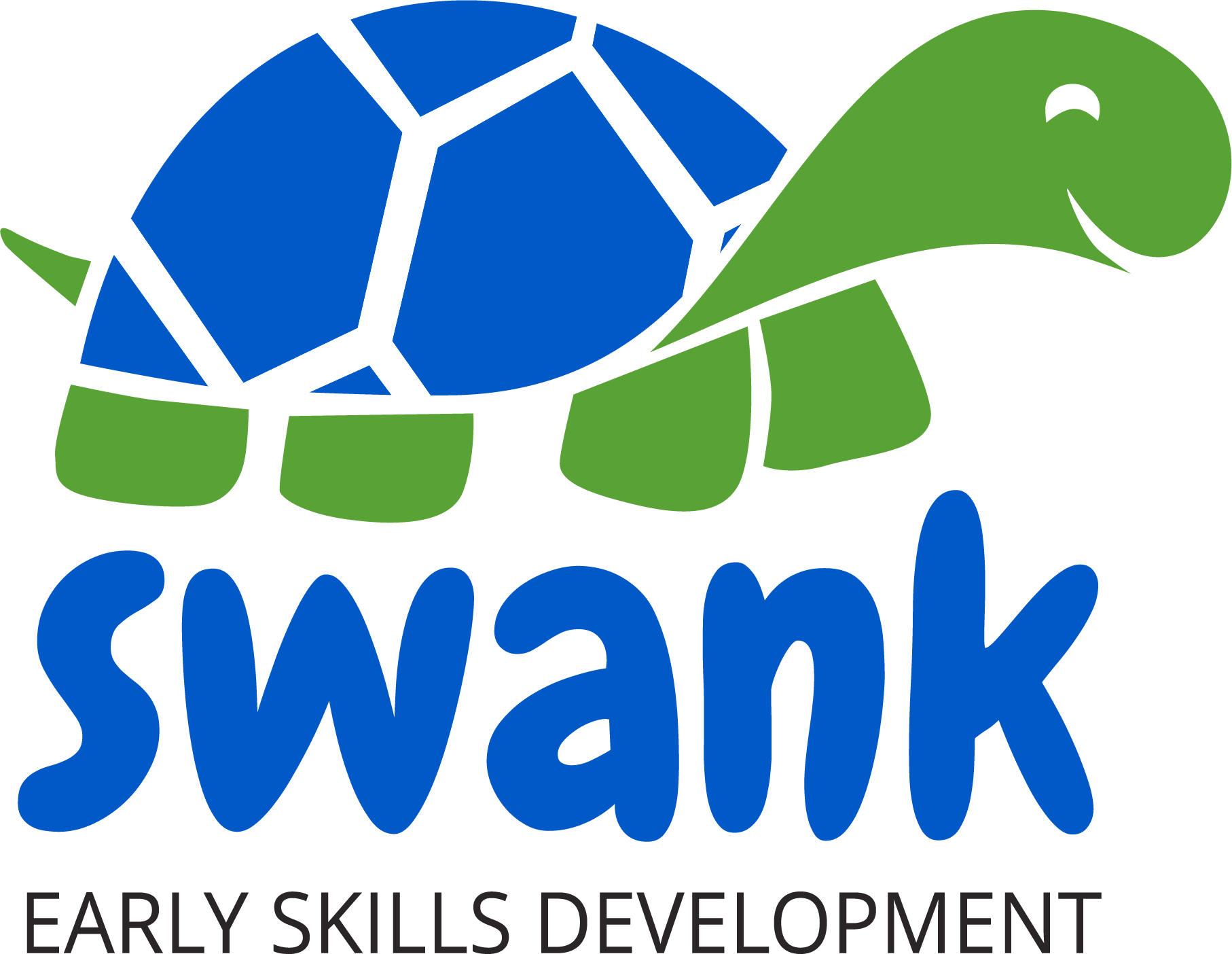
Welcome to Swank Early Skills Development
“Our ability to communicate gives us control over our world. When children with developmental disabilities learn to communicate, a light turns on inside them, challenging behaviors start to diminish, and a happier child emerges.” ~ Cynthia Swank, Founder of Swank Early Skills Development
Children with developmental delays deserve an advocate; a professional trained to help them reach developmental milestones so they don’t fall behind. Science shows that the earlier we can get a child the support they need, the better the chance that child will meet their milestones, and the more likely we are to make a real difference in that child’s life.
That’s where Swank Early Skills Development comes in. We provide intensive early intervention, special education and behavioral health services for young children who are not meeting Early Childhood Developmental Milestones. Usually, a child has been diagnosed with a developmental delay, communication delay, Autism, or one of many other disorders that limits a child’s ability to develop typically without specific intervention. We also help children who are not diagnosed but their family suspects they have a delay of some kind and they want support while they seek formal diagnosis from a physician.
Through the use of a scientific, research-based therapy called, Applied Behavior Analysis (ABA), our team helps children reach the Early Childhood Developmental Milestones they have not met without intervention. We use Intensive ABA Intervention to increase communication, motor, social, daily living, independence, and cognitive skills. We provide these services where they are most needed, as determined by assessment. This might be in our Lancaster Center, specifically designed for children 6 years old and younger, or it might be in a child’s home, their daycare/preschool, community setting or their elementary school as they transition into that setting. Ideally, services are provided across multiple settings to ensure treatment consistency and generalization.
What is ABA?
We provide support to children through a science-based intervention method called Applied Behavioral Analysis, or ABA. This therapeutic approach allows us to understand a child’s behavior and how that behavior is impacted by their environment. Once we understand the true cause of the behavior, we can help them reach important developmental milestones.
ABA lets us arrange a child’s environment and the motivators that are present to bring about behavioral change. When we’re trying to help a child change a behavior, like teaching them to calmly ask for what they need rather than screaming, we look at the four contingencies of ABA.
● The Antecedent – what happened right before the behavior occurred
● The Behavior – the behavior the child provided as a result of the antecedent and motivation
● The Consequence – the actions or responses that followed the behavior
● The Motivation – the environmental circumstances that influence behavior
If we want to help a child change a behavior – like asking for what they want rather than screaming for it – we look at how we can change the motivation. In this example, positive reinforcement becomes a powerful tool. We reinforce and reward calm requests and do not reinforce or reward screaming.
This is a very simplified example of a method of therapy that takes time and repetition and reinforcement. The big thing to remember, and what we help remind parents of, is that when there’s a behavior issue, there’s a skills deficit. In this case, the skills deficit is effective communication. If you can fix the deficit, you can shape new behaviors and work to resolve the issue.
When we put ABA to work, we can help a child facing a severe developmental disability with little to no communication skills start communicating effectively to get his most basic needs and desires met. We almost always see a huge improvement in behavior issues and that child’s ability to interact with peers and family through this initial step.
Our founder, Cynthia Swank, first saw the impact that ABA had on young children when she worked as a special education teacher in the second half of the 1990s. When she worked with her students, she found that by using the principles of ABA, she witnessed significant behavior changes and saw her students’ communication skills improve more than with any other method she had been taught to use.
When treated using ABA, her students learned how to communicate rather than act out when they wanted or needed something. With their new found communication skills and the independence that came with them, her students’ personalities blossomed for the very first time. They started engaging with people more and were noticeably happier.
She was convinced of the ability of ABA intervention to help children with developmental disabilities. She later became a certified behavioral analyst and dedicated her career to teaching special education teachers how to use ABA in the classroom.
Every child we work with is unique, just like the customized ABA interventions they receive.

Birth-through-3-years-services in PA provide support based on a parent-coaching session. We’re able to supplement these services the state offers to parents by providing direct, intensive intervention with the child in collaboration with the parent-coaching model. Further, we work closely with our colleagues from other birth-to-three-year-services and intermediate unit (IU) preschool services to make sure we’re all providing the children we support with consistent and complementary interventions.
A core part of how we help our kids catch up is by empowering their parents.
Parents are our partners every step of the way. Nothing we do with our children is going to stick if we don’t give parents the tools and support they need to be successful. Individual Family Training is provided by the Behavior Analyst in charge of a child’s assessment and programming in a one on one format. We also have Group Family Trainings that run in eight week cycles and are provided jointly by one of our Behavior Analyst and another support team member.
We try to give our parents as much guidance and support as we can and by connecting them to other parents going through the same things. Creating opportunities for parents of children with disabilities to connect breaks the cycle of isolation and can be incredibly healthy for the entire family.

Carrying our mission forward into the future
While the therapy we provide is guided by science, our mission is guided by love and dedication to the children and families of our community. Young children deserve to play, smile, laugh, and learn at a developmental level that sets them up to do great things in school and in life. We take pride in the work we do and the many children we’ve helped live happier lives as a result.
Our team has also been lucky enough to witness some incredible moments in our children’s lives. We’ve worked with non-verbal two-year-olds and have helped them say their first words. We’ve seen frustrated children with destructive behavior patterns come to us and later share their first toy with another child. And, we’ve seen the relief in a parents’ eyes as they watch their child speak, learn and smile, many for the first time.
Children with developmental delays and their families deserve an advocate, and that’s a role we’re proud to hold. As our organization grows across Lancaster County, we look forward to helping improve the lives of even more children with developmental disabilities.
We welcome you to explore the benefits that Intensive ABA Intervention can bring to your child. We’d love to get to know your child and your entire family and work together to help your child reach their fullest potential. Contact us today.
